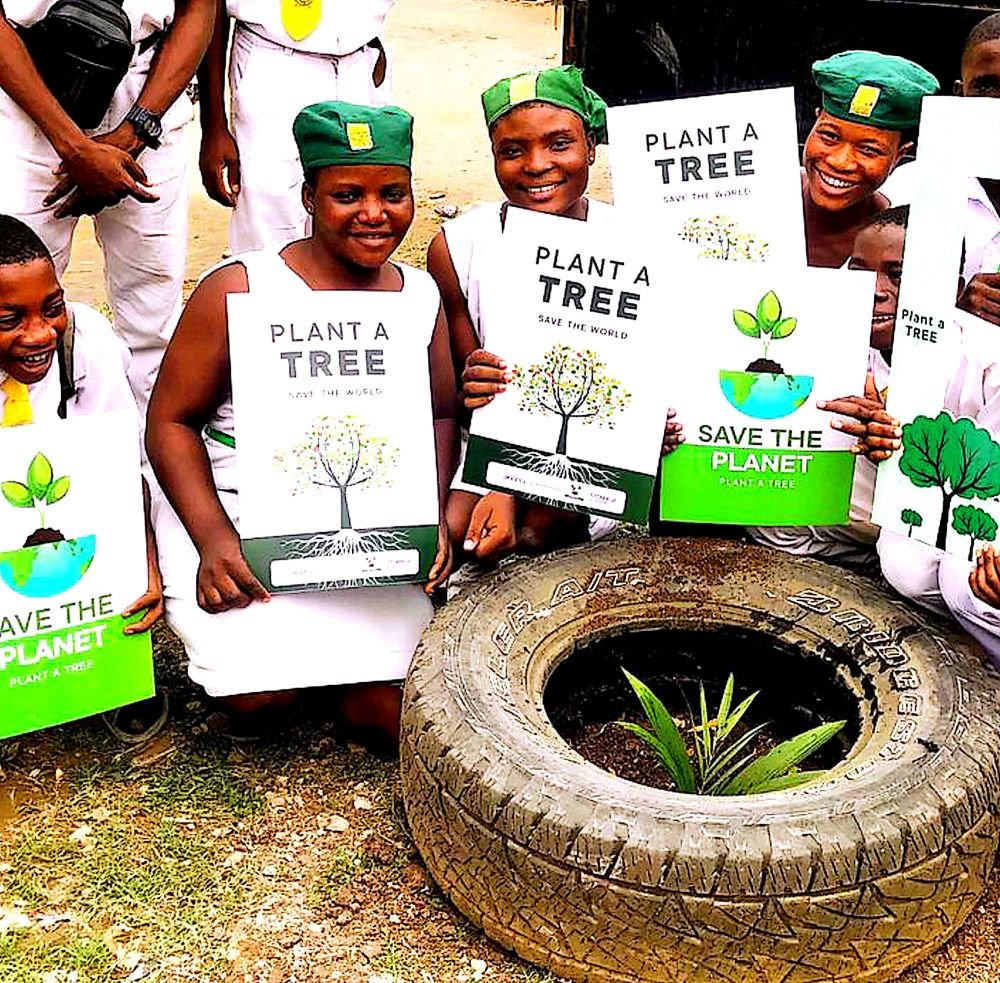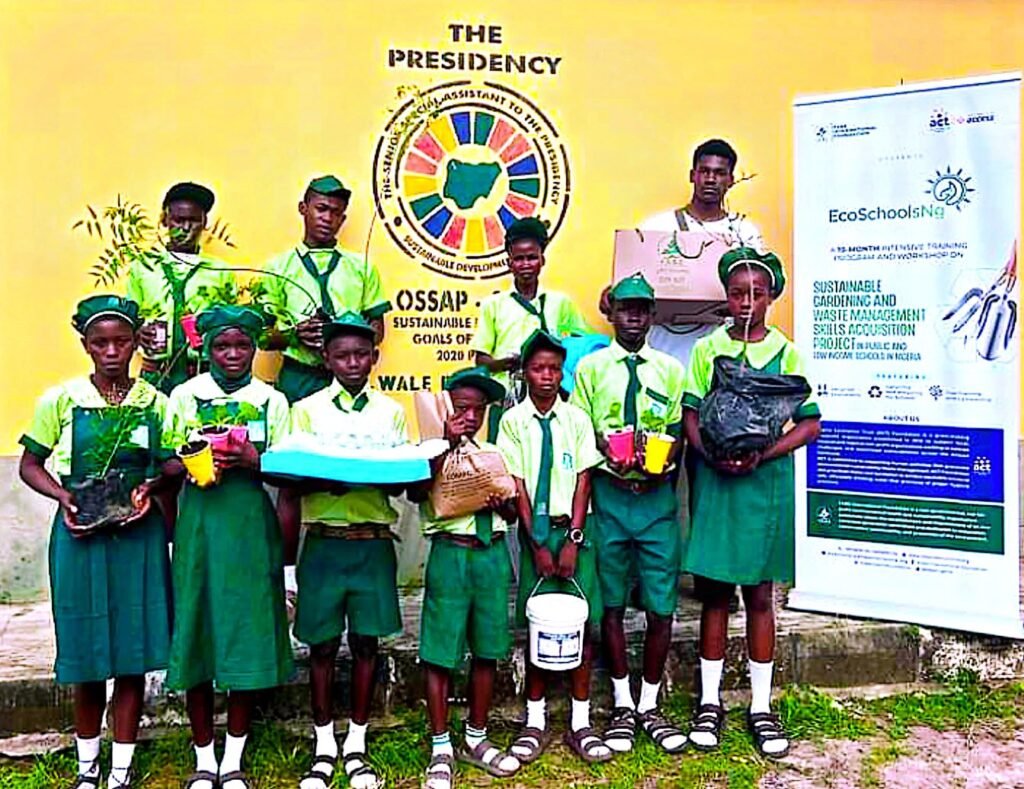 What if the solution to Nigeria’s environmental crises lies not only in policy but in the classrooms of low-income schools, where the seeds of sustainability can be sown? Amidst escalating challenges that threaten our society’s foundation, how do we ensure that the most vulnerable voices: the youth in these schools, are not just heard but empowered to lead a positive change?
What if the solution to Nigeria’s environmental crises lies not only in policy but in the classrooms of low-income schools, where the seeds of sustainability can be sown? Amidst escalating challenges that threaten our society’s foundation, how do we ensure that the most vulnerable voices: the youth in these schools, are not just heard but empowered to lead a positive change?
As environmental degradation becomes a global concern, Nigeria is at a critical moment. Disadvantaged communities face severe challenges from climate change, desertification, and flooding, threatening lives and properties. However, these crises also present an opportunity: by recognizing low-income classrooms as vital spaces for environmental education, we can empower young people to become informed leaders ready to confront the pressing environmental issues facing their communities.
Education is crucial for understanding global warming and increasing climate literacy, helping youth adapt to climate-related changes (UNESCO, 2019). Promoting environmental awareness from an early age is one of the most effective long-term solutions. Schools play a key role in nurturing young minds and can effectively teach environmental values, especially in regions most affected by environmental threats.
In Nigeria, various initiatives are working tirelessly to promote environmental education and sustainability among youth. One of them is EduCycle, which focuses on empowering students in low-income communities in Lagos State, Nigeria.
 Through school clubs, workshops, and creative storytelling, EduCycle engages students to become active participants in environmental change. The initiative teaches practical skills like recycling and climate action strategies, helping students understand their personal responsibility toward environmental sustainability.
Through school clubs, workshops, and creative storytelling, EduCycle engages students to become active participants in environmental change. The initiative teaches practical skills like recycling and climate action strategies, helping students understand their personal responsibility toward environmental sustainability.
Another notable organisation is the FABE International Foundation, which operates the EcoSchoolsNg initiative. This program targets low-income schools in Nigeria, with the goal of inspiring 1,000 institutions to adopt sustainable practices by 2030.
Subscribe To Unlimited Premium Digest.
This is premium content. Subscribe or Login to read the entire article.
Subscribe
Gain access to all our Premium contents.More than 1,000+ Articles, News, & Scholarships.


































































 EduTimes Africa, a product of Education Times Africa, is a magazine publication that aims to lend its support to close the yawning gap in Africa's educational development.
EduTimes Africa, a product of Education Times Africa, is a magazine publication that aims to lend its support to close the yawning gap in Africa's educational development.

